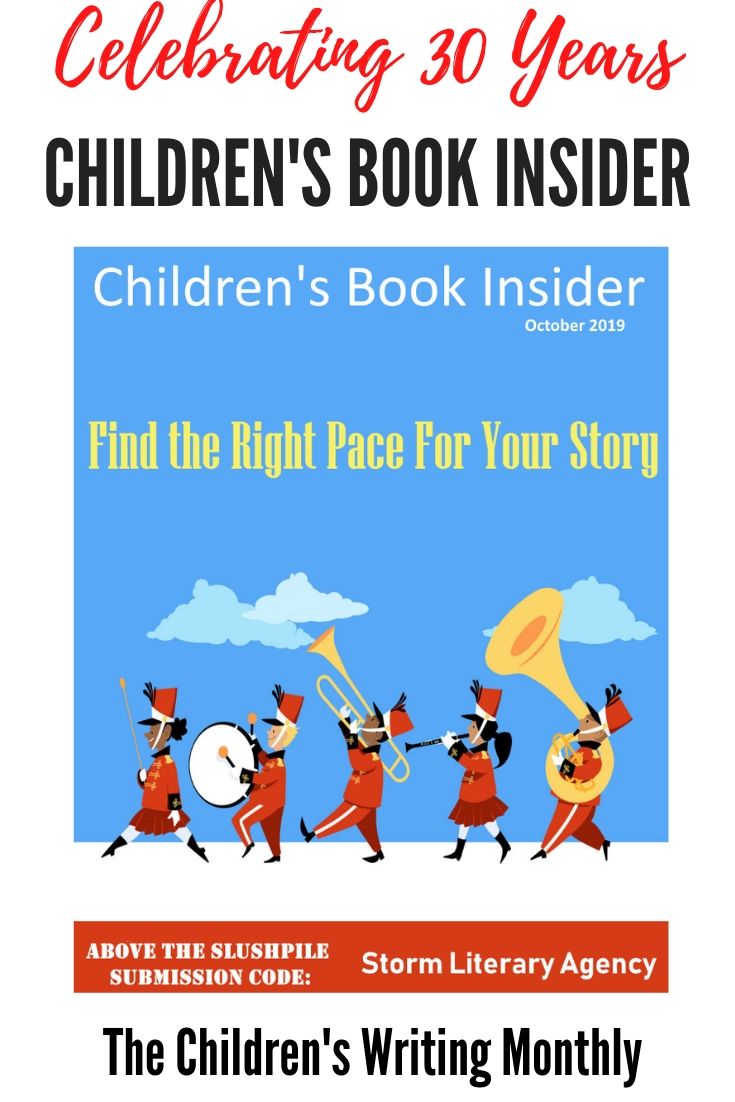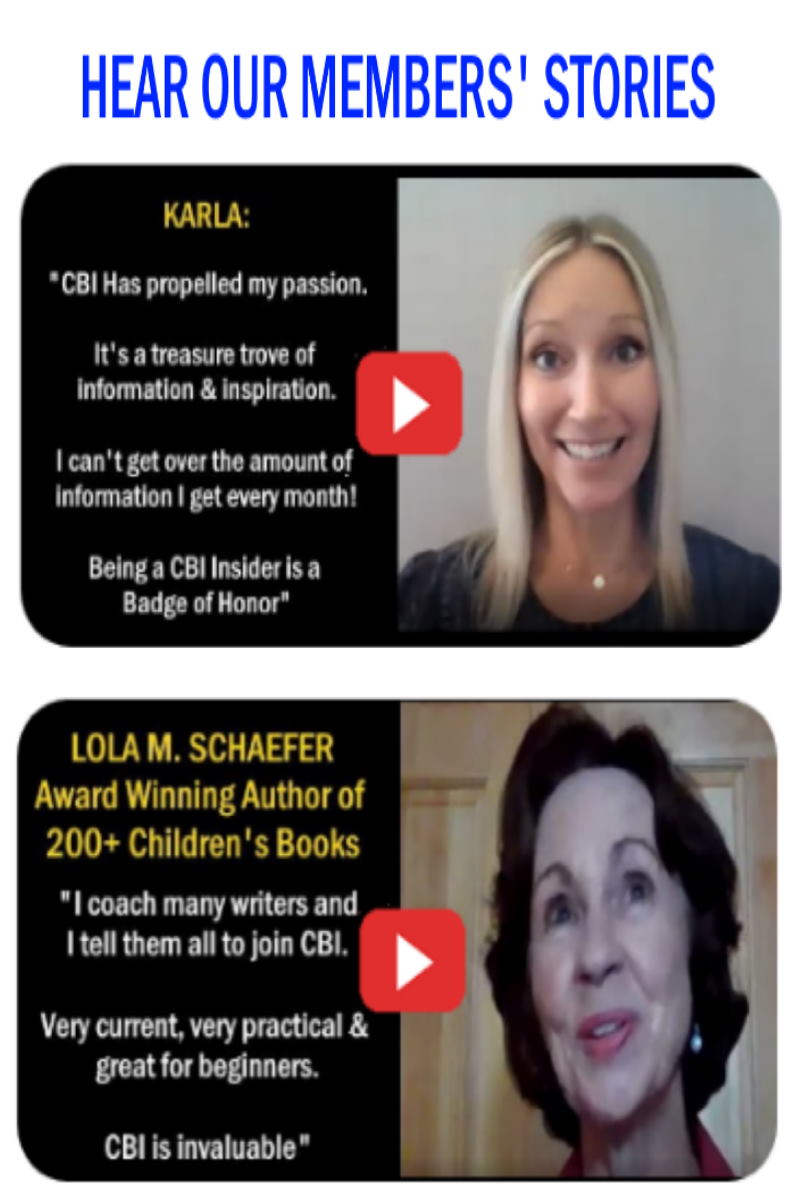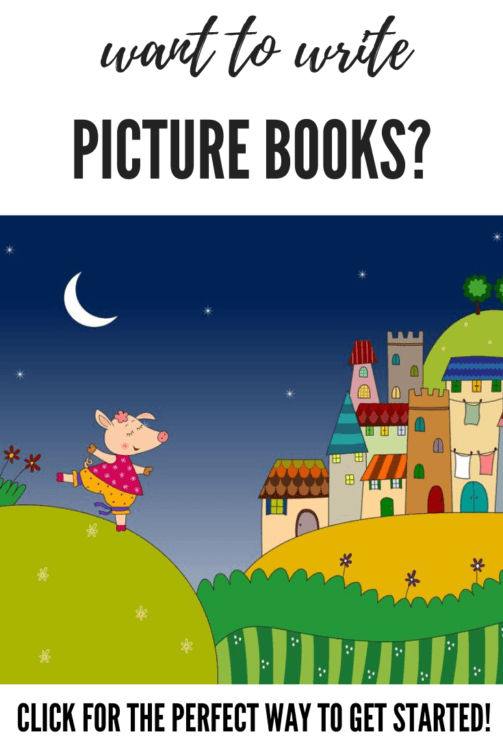
Many writers, myself included, have had the experience of finishing a book, sending it in, seeing it published, and thought, “Well, it was okay, but it fell short.” Or perhaps we have read another author’s book and thought much the same thing. Though the book was entertaining enough, somehow it didn’t live up to its potential.
It’s a disheartening feeling for an author to acknowledge. I don’t believe a writer ever sets out to create a work that falls short or leaves the reader feeling that there should have been more. The question is, “More what?” More emotion? More action? More … something.
What keeps books from reaching their potential, from being “all that they can be?”
One possible cause is fear. What kinds of fears could hold us back?
• We are afraid to take our writing to the next level. Why could we possibly be afraid to improve our writing to the extent that we have moved to the next level? The “higher” you climb in your writing career, the more that is expected of you. You may have tighter deadlines. You are expected to be more active on social media and other kinds of promotional sites. If you received a four-star rating on Amazon for your last book, you are expected to receive at least four stars on your next. If you made a best-seller list, you are expected to make it again and with a higher ranking. And so on.
• We are afraid what our friends and family will think of us. Check this particular fear at the door. Have you ever written something and wondered what your mother would think about it? Or your husband? Or your children? Or your co-workers? I have. Then I realized that I am never going to please everyone with my writing … and neither are you. Someone will always find something to object about.
I can hear your skepticism. “Hey,” you say, “I write picture books for the preschool set. What could anyone object to?” Maybe the mother in your book is a stay-at-home mother and the mother reading the book to her young child is working outside the home. (I never say “a working mother,” because all mothers work.) This mother could take offense at your portrayal of the mother in the story. Or maybe it’s the reverse of this. You’ve penned a book about a mother who works outside the home and the mother reading the book to her child is a stay-at-home mother.
When I’m not writing stories for children, I write romantic suspense for an inspirational line. What could be wrong with that? Surely it’s harmless enough. But some readers object to the mention of God or any Higher Being. The possibilities are endless at the kinds of things people will object to.
• We are afraid if we “rock the boat” in our writing (i.e. take our writing in a different direction) that we may not be able to sell anything at all. This is a big one if your family is partially or fully dependent upon your writing income. You will have to decide upon this with your spouse and family.
• We are afraid of what we will learn about ourselves if we open our minds and hearts and pour out the story that is deepest inside. I’ve saved this one for the last because it is perhaps the hardest to overcome. Learning about our innermost fears and desires can be overwhelming. It can also be freeing. Open yourself up. You may be surprise and even pleased at what you discover. Another reason that our books may fail to reach their supernova is complacency. We think, if only subconsciously, “Well, it’s good enough to be published. That’s all that counts.” How can we counteract these limiting feelings? Find ways to restore the passion you felt when you began writing. What made you want to become a writer in the first place? Try to recapture that feeling.
Now that we’ve discussed why books may fail to reach their full potential, let’s get down to business and talk about how can we fix the problem.
• Do some soul-searching and decide which fear may be holding you back. You may find that it is a combination of fears that is keeping you from writing the best book you are capable of. One aid in this area is to keep a journal of your feelings about your writing. A record of how you felt upon finishing a project or starting a new one could be very revealing.
• Once you’ve identified this fear, do everything you can to overcome it. If you are afraid of taking your writing to the next level, ask yourself what would happen if you took that step. What’s the worst that could happen? More important, what is the best that could happen? If you’re afraid of what other people will think of your writing, determine what’s more important to you: other people’s opinion of you or your writing. Go through whatever fears you may be harboring and ask questions. You may find that your fears aren’t as big or as important as you thought.
• Ask yourself what you would write if there were no expectations of you. Would you experiment with different genre? Maybe you’d decide to write in present tense and first person. If there is something you want to do but were held back for any of the reasons listed above or for other reasons, consider taking the plunge. What’s the worst that could happen if you veered from your charted course? Could you live with the disappointment of others if you failed to deliver your kind of book? Could you live with your own disappointment or would you be ecstatic at breaking out of your mold?
• Ask yourself if you could improve your craft (and most of us could). Could you be “resting upon your laurels,” unwilling to spend the extra time and effort required to write with greater clarity, greater emotion, greater energy? Do you need to brush up on your skills? Have you grown lax in creating fresh metaphors and similes? Are you dredging up the tired clichés and descriptions you were using a decade ago? Styles in writing change just as do styles in fashion and hair and decorating. What worked for you a few years back may now be passé. Are you lazy with your verbs or are you using strong, active ones? Are you relying too much on narrative and passive voice? Are you paying attention to the small things such as ending your sentences with a strong word? What about the big things, such as ending chapters with cliff hangers?
Contrary to popular wisdom, do sweat the small stuff and the big stuff, too. Consider taking a workshop on areas where you feel you need to improve. Attend a writers’ conference. I always return home refreshed and determined to become a better writer after attending a conference where I can interact with other writers and learn from them.
Take a fearless look at whatever is holding you back from writing the book(s) you are meant to write. Take a fearless and unflinching look at yourself. You may discover that you are far more courageous and bold than you ever thought.
Reprinted from Children’s Book Insider, the Children’s Writing Monthly

✏ Word Counts & Age Groups for Every Kidlit Category
✏ FAQs, Glossaries and Reading Lists
✏ Category-specific Tips, from Picture Books Through Young Adult Novels
✏ 5 Easy Ways to Improve Your Manuscript
✏ Writing For Magazines …and more!
This is a gift from the editors of Children’s Book Insider, and there’s no cost or obligation of any kind.
We will never spam you or share your personal information with anyone. Promise!






Jon and Laura, You are always encouraging in articles and educating us so much. over the years, I have learned a great deal. But I still need to get some books to another publisher who is not me. Your training is spurring me on. I do believe fear of will I make it? is part of my reluctance till now.
Thank you.
jane